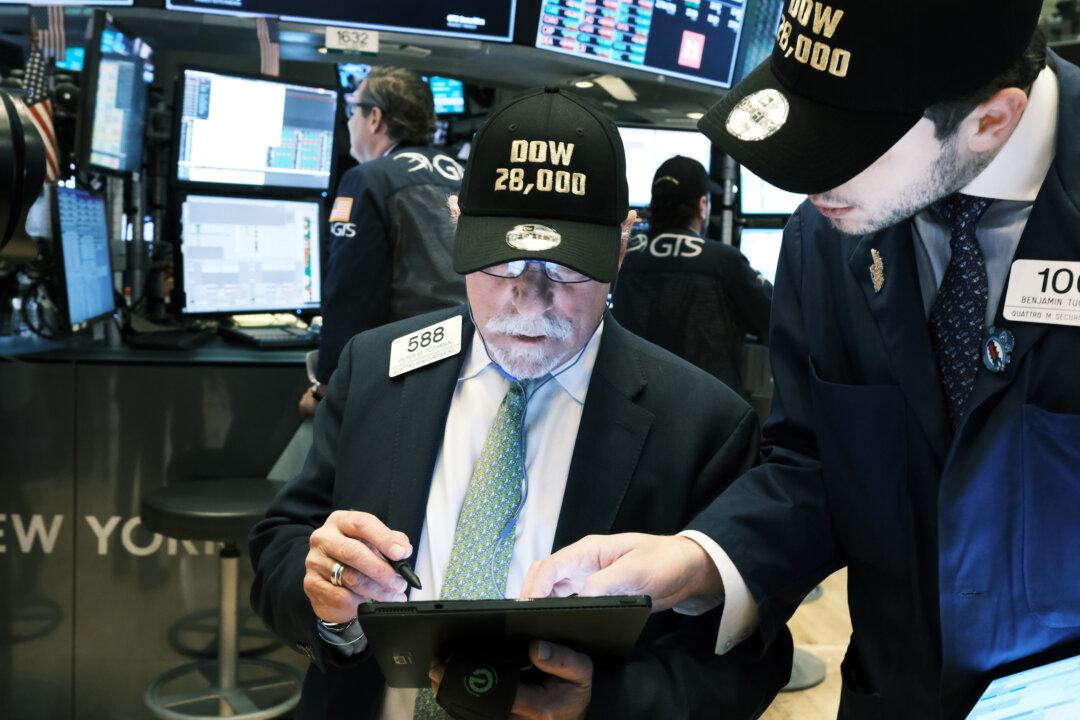A handful of billionaire investors worry that a successful Democrat bid for the White House in 2020 would spark a stock market meltdown, with some saying by as much as 40 percent.
Ray Dalio (worth $18.7 billion), Paul Tudor Jones (worth $5.1 billion), and Stanley Druckenmiller (worth $4.7 billion) are just a few of the market-movers fretting about stock indices falling should a Democrat end up in the Oval Office, particularly if it’s one of the far-left candidates.





